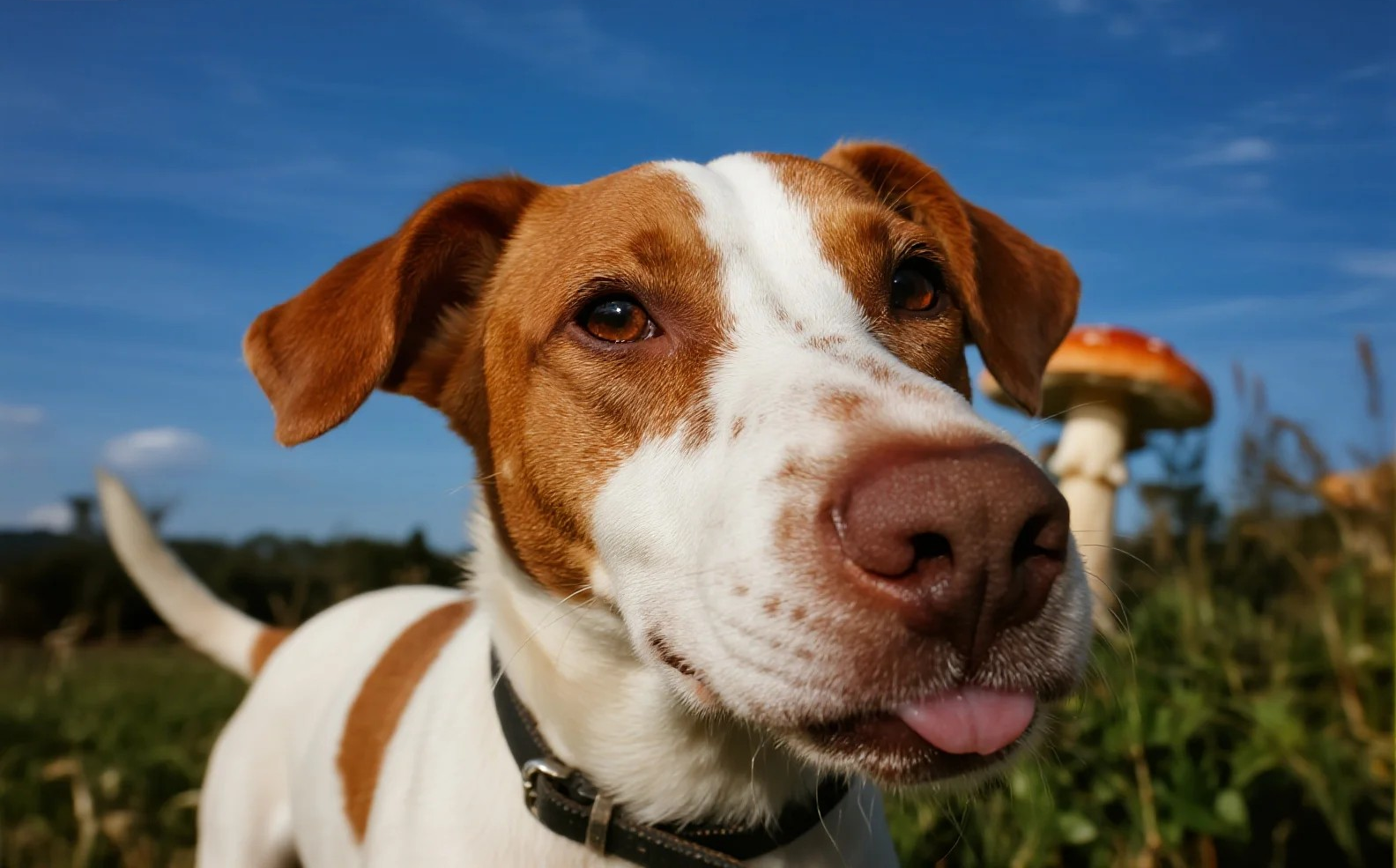As a responsible dog owner, it’s natural to wonder about the safety of sharing your food with your furry friend. One common question that often comes up is: can dogs eat mushrooms? Mushrooms are a popular ingredient in many human dishes, from salads to pasta, and you might be curious if your dog can enjoy them too. This article will provide you with everything you need to know about feeding mushrooms to dogs, including what types are safe, potential health benefits, risks, and how to introduce mushrooms safely into your dog’s diet.
Are Mushrooms Safe for Dogs?
When answering whether dogs can eat mushrooms, it’s important to make a clear distinction between edible store-bought mushrooms and wild mushrooms. The safety of mushrooms depends heavily on the type consumed:
- Store-Bought Mushrooms: Common varieties such as white button, cremini, and portobello mushrooms sold in grocery stores are generally safe for dogs when properly prepared.
- Wild Mushrooms: Many wild mushrooms are toxic and pose serious health risks to dogs. Because it is very hard to identify which wild mushrooms are safe, it is best to keep your dog away from any mushrooms found outdoors.
Mushrooms contain a variety of compounds—some beneficial but others potentially harmful or even deadly. For this reason, the golden rule is to never let your dog eat mushrooms unless you are absolutely sure of their safety.
Potential Health Benefits of Mushrooms for Dogs
Certain edible mushrooms can provide nutritional benefits for dogs, much like they do for humans. Mushrooms are a good source of:
- Vitamins: Particularly B vitamins (B2, B3) which support metabolism and skin health, and vitamin D which supports bone health.
- Antioxidants: Mushrooms contain antioxidants that help protect cells from damage and support immune function.
- Dietary Fiber: Mushrooms provide fiber that promotes healthy digestion.
- Protein: While not a major source, mushrooms do contain some protein.
Some cultivars like shiitake and maitake have been studied for their potential immune-boosting properties, but this research is mostly preliminary and requires human veterinary advice before use in dogs.
Are All Mushrooms Good for Dogs?
While some mushrooms offer health benefits, not all edible mushrooms are suitable for dogs. Also, mushrooms growing in the wild can be extremely dangerous. Varieties of toxic mushrooms to be aware of include:
- Amanita species: Responsible for most fatal mushroom poisonings.
- Galerina species
- Lepiota species
Accidental ingestion of these can cause symptoms such as vomiting, diarrhea, seizures, liver failure, and can be fatal if untreated.
Symptoms of Mushroom Poisoning in Dogs
If your dog has swallowed an unknown mushroom, immediate action is necessary. Watch for symptoms like:
- Sudden vomiting or diarrhea
- Excessive drooling or foaming at the mouth
- Weakness, trembling or shaking
- Confusion or uncoordinated movements
- Abdominal pain
- Jaundice (yellowing of gums or eyes)
If any of these signs appear, contact your veterinarian or an emergency animal poison control center immediately.
How to Safely Feed Mushrooms to Your Dog
If you want to add mushrooms to your dog’s diet safely, here are some practical tips:
- Use only store-bought mushrooms and avoid wild mushrooms entirely.
- Cook mushrooms thoroughly to make them easier to digest and to eliminate any potential bacteria.
- Do not add seasoning, oil, butter, garlic, or onions, which can be toxic to dogs.
- Start with small amounts and observe your dog for any adverse reactions.
- Consult your veterinarian before introducing mushrooms or any new food, especially if your dog has underlying health conditions.
Alternatives to Mushrooms for Dogs
If mushrooms don’t seem like the best choice for your dog, there are plenty of other nutritious vegetables that offer similar health benefits.
Carrots, green beans, sweet potatoes, and plain pumpkin all provide essential vitamins, fiber, and antioxidants without the risks associated with mushrooms. These alternatives are often easier to prepare and well accepted by dogs.
Conclusion
So, can dogs eat mushrooms? The answer is yes, but with important caveats. Only offer certain safe, edible, and cooked mushrooms from trusted sources, and avoid any wild mushrooms to prevent toxicity. Mushrooms can be a nutritious occasional treat, offering vitamins, fiber, and antioxidants beneficial to your dog’s health. However, caution is necessary due to the risk of poisonous varieties.
If in doubt or if your dog shows any symptoms after eating mushrooms, seek veterinary advice promptly. By following these guidelines, you can enjoy sharing safe foods with your pet while keeping them healthy and happy.
